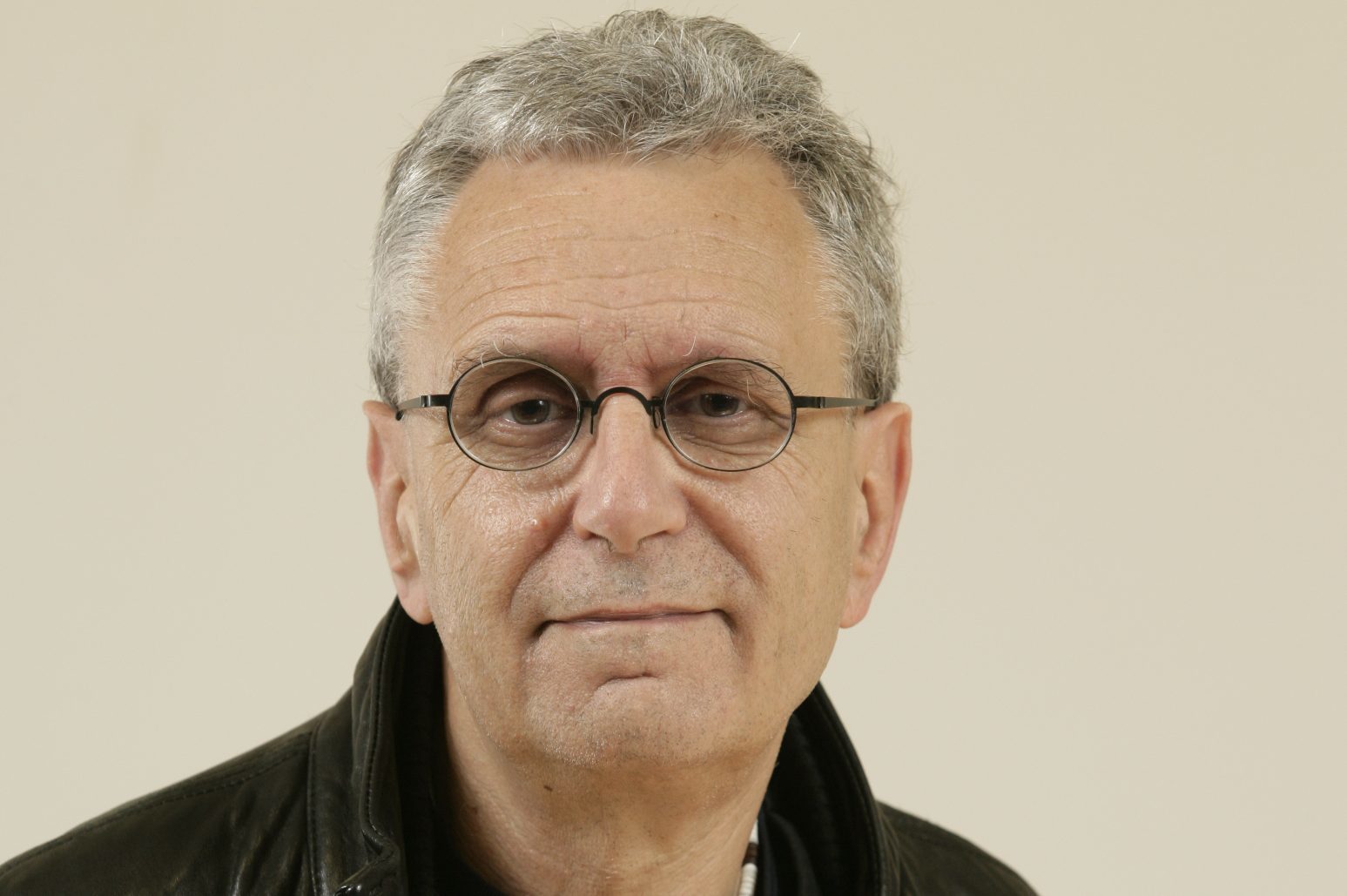A Dundee professor has won a prestigious award from the Royal Society of Chemistry.
University of Dundee Professor David Lilley has been given then Khorana Prize in recognition of his research in chemistry and life science.
Professor Lilley won the biannual prize for outstanding achievement award fat the chemistry and life science interface. He will receive £5000, a medal and a certificate.
Professor Lilley said: “I am honoured to receive the Khorana Prize, and most grateful to the RSC for awarding this to me. I regard this as a recognition of the work of my laboratory as a whole.
“I have a wonderfully talented group of postdoctoral colleagues who are incredibly productive and full of insight. It is a pleasure to work with them all, and I am happy that they can share in this recognition.
“Lastly, I am especially pleased to receive an award in the name of Gobind Khorana, who was one of the most pioneering nucleic acid chemists of all time. I was lucky enough to know him a little.”
Gobind Khorana was a Punjabi-born Nobel laureate whose work focussed on nucleic acids and proteins developed. Khorana received the Nobel Prize in 1968 in Physiology or Medicine with two other scientists for their interpretation of the genetic code and its function in protein synthesis.
Like Khorana, a lot of Professor Lilley’s work has focussed on nucleic acids, known as DNA and RNA.
Professor Lilley and his team study the junctions in DNA that repair damage, and the enzymes that recognise and process them.
He also studies RNA molecules that act like enzymes to accelerate chemical reactions. These probably played a critical role in the evolution of life on the planet in the early stages, and they still perform some of modern cells’ most important reactions.
Dr Robert Parker, chief executive of the Royal Society of Chemistry said: “It is an honour to recognise the illustrious achievements of our prize and award winners in our 175th anniversary year.
“We are proud to celebrate and support the work of inspiring and influential individuals, whose work has the potential to improve so many lives.”
47 previous winners of the Royal Society of Chemistry’s Awards have gone on to win Nobel Prizes for their work.
Professor Lilley is the current director of the Cancer Research UK Nucleic Acid Structure Research Group in the School of Life Sciences at the University.





